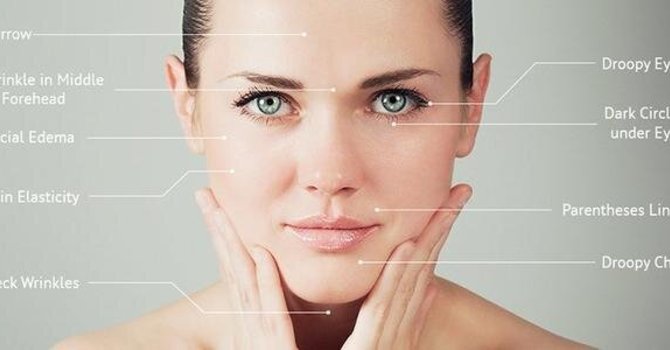Menopause is a natural phase in every woman’s life, yet it often comes with a slew of unpleasant symptoms that can feel overwhelming. From hot flashes and night sweats to mood swings and fatigue, many women are left feeling like they’re navigating a rollercoaster without a seatbelt. But what if there were holistic approaches that could help ease these symptoms and improve overall well-being? Enter acupuncture and Traditional Chinese Medicine (TCM) herbs.
Understanding Menopause
Menopause typically occurs between the ages of 45 and 55 and marks the end of a woman's reproductive years. While it’s a natural process, the hormonal changes can lead to a range of physical and emotional challenges. Unfortunately, many women find that conventional treatments don’t always provide the relief they seek, leaving them to wonder what other options exist.
The Benefits of Acupuncture
Acupuncture, a key component of TCM, has been practiced for thousands of years and involves inserting thin needles into specific points on the body to balance energy, or "Qi." Here’s how acupuncture can help during menopause:
-
Reduces Hot Flashes: Several studies have shown that acupuncture can significantly reduce the frequency and intensity of hot flashes. By targeting specific points, acupuncture may help regulate body temperature and improve overall circulation.
-
Alleviates Mood Swings: Menopause can bring about emotional turmoil, but acupuncture may help stabilize mood by promoting the release of endorphins and regulating neurotransmitters.
-
Improves Sleep Quality: Many women experience insomnia during menopause. Acupuncture can help promote relaxation and improve sleep quality, allowing for more restorative rest.
-
Enhances Overall Well-Being: Regular acupuncture sessions can help alleviate stress and promote a sense of balance, enhancing your overall well-being during this transitional phase.

The Power of Traditional Chinese Medicine Herbs
In addition to acupuncture, TCM offers a range of herbs that can support women during menopause. Here are some commonly used herbs:
-
Black Cohosh: Known for its ability to reduce hot flashes and improve mood, black cohosh has been used for centuries as a remedy for menopausal symptoms.
-
Dong Quai: Often referred to as "female ginseng," dong quai is thought to help balance hormones and improve blood circulation, potentially easing symptoms like fatigue and mood swings.
-
Ginseng: This adaptogenic herb can help combat fatigue and improve energy levels, making it a great ally during menopause.
-
Red Clover: Rich in phytoestrogens, red clover may help balance hormones and reduce hot flashes, offering a natural alternative to hormone replacement therapy.
-
Licorice Root: Known for its hormone-balancing properties, licorice root may help alleviate symptoms like mood swings and fatigue.


A Holistic Approach to Menopause
While conventional treatments like hormone replacement therapy (HRT) can be effective for some, they’re not the only option. Acupuncture and TCM herbs offer a holistic approach that addresses the root causes of menopausal symptoms rather than just masking them.
What Your Doctor Might Not Tell You
Many healthcare providers may not discuss alternative treatments like acupuncture and herbal remedies. This oversight can leave women feeling isolated and without adequate support. It’s essential to take charge of your health and explore all available options.
Consult a Professional
Before starting any new treatment, it's crucial to consult with a healthcare provider familiar with both conventional and alternative therapies. A licensed acupuncturist or TCM practitioner can create a personalized treatment plan tailored to your specific needs and symptoms.
Conclusion
Menopause doesn’t have to be a dreaded phase of life. With the help of acupuncture and Traditional Chinese Medicine herbs, many women can find relief from the symptoms that accompany this transition. By exploring holistic options, you may discover a path to greater balance, health, and well-being during menopause. Don’t let this natural phase define you—take control and empower yourself with knowledge and options.
Gurpreet Boparai
Contact Me

